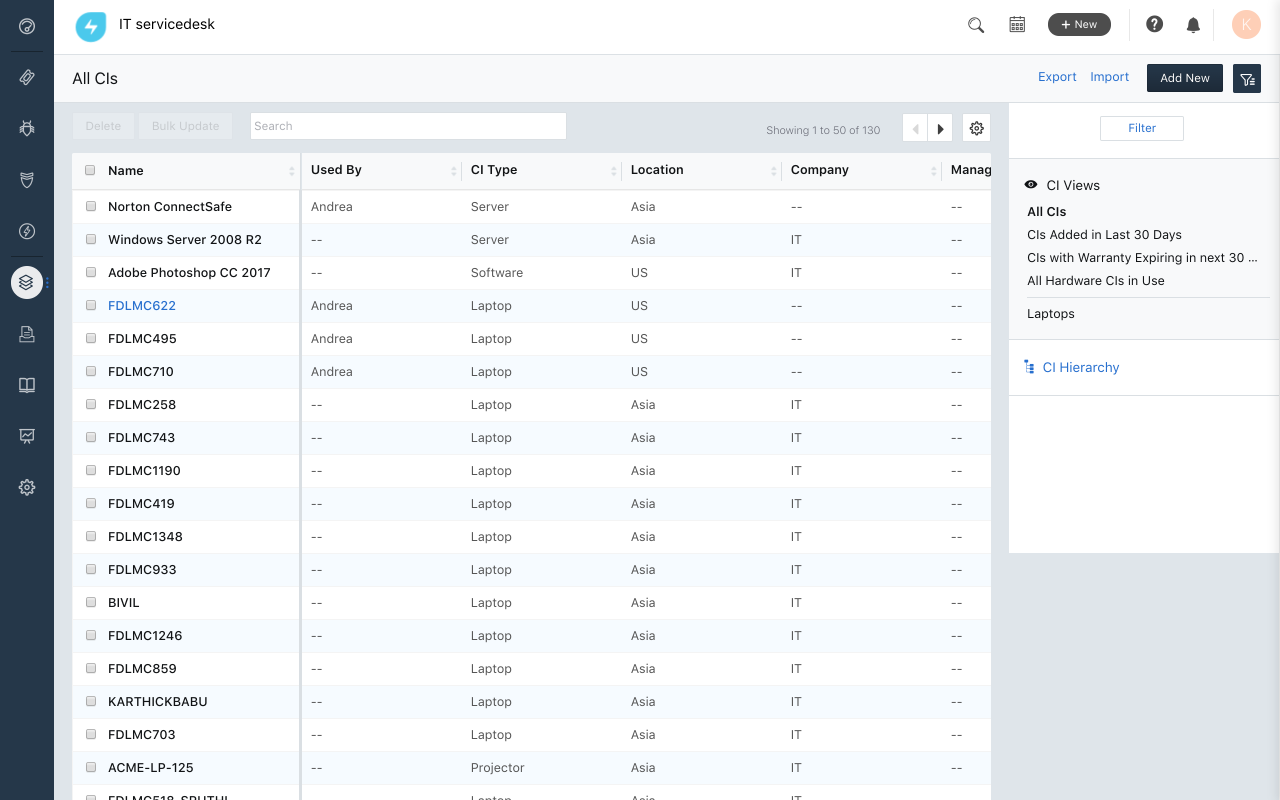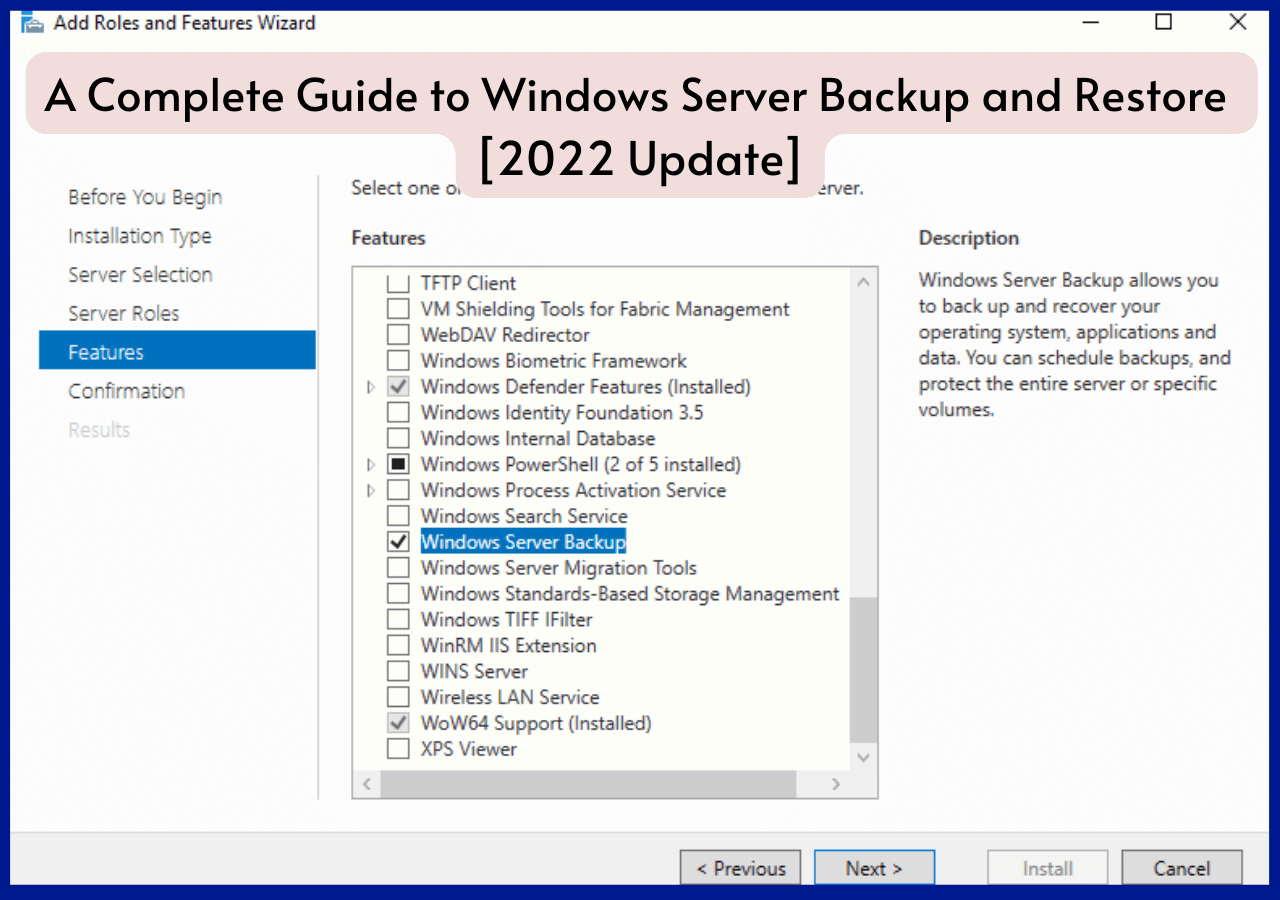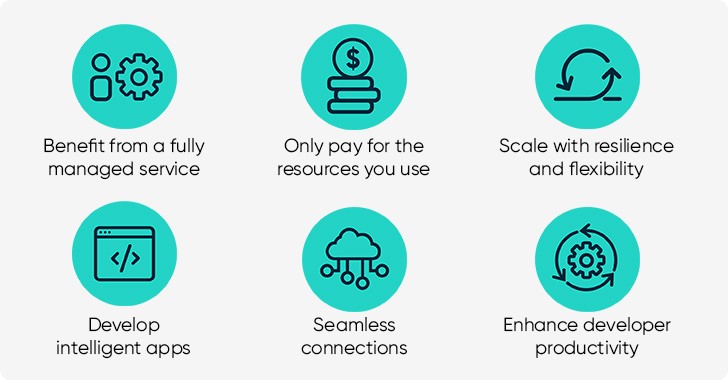With The Benefits of Using a Linux Server at the forefront, discover a world where security, customization, and performance converge to elevate your server experience.
Linux servers offer a unique set of advantages that set them apart from other operating systems, making them a top choice for businesses and tech enthusiasts alike.
Introduction to Linux Servers
A Linux server is a type of server that runs on the Linux operating system, which is an open-source software. Unlike other server operating systems, Linux provides a high level of customization, security, and stability.
Create stunning landing pages with the Top Digital Tools for Creating Landing Pages. These tools offer user-friendly interfaces and powerful features to help you design engaging landing pages that drive conversions and boost your online presence.
Popularity of Linux Servers, The Benefits of Using a Linux Server
Linux servers have gained immense popularity in the tech industry due to their robust performance, reliability, and cost-effectiveness. Many large corporations, web hosting providers, and cloud computing services rely on Linux servers to power their operations.
Key Features of Linux Servers
- Open-source nature: Linux servers are built on open-source software, allowing users to modify and customize the system according to their needs.
- Security: Linux servers are known for their strong security features, making them less vulnerable to malware and cyber attacks.
- Stability: Linux servers are designed to handle heavy workloads and provide consistent performance without frequent crashes or downtime.
- Cost-effective: Linux servers are available for free, which significantly reduces the overall cost of server management and maintenance.
Security Benefits of Using a Linux Server
Linux servers offer robust built-in security features that make them a popular choice for businesses and individuals alike. These security features help in safeguarding sensitive data and protecting against cyber threats.
When it comes to server configuration, following the Best Practices for Server Configuration is crucial for optimal performance. By implementing these practices, you can ensure that your server runs smoothly and efficiently, minimizing downtime and maximizing uptime.
Less Prone to Malware and Cyber Attacks
Linux servers are known for their resilience against malware and cyber attacks compared to other operating systems like Windows. The open-source nature of Linux allows for constant scrutiny and quick patching of vulnerabilities, reducing the risk of exploitation by cybercriminals.
Importance of Regular Security Updates
Regular security updates and patches are crucial for maintaining a secure Linux server environment. These updates help in addressing newly discovered vulnerabilities and strengthening the overall security posture of the server. By staying up to date with security patches, users can significantly reduce the risk of security breaches and unauthorized access to their systems.
Utilizing digital tools can significantly improve your conversion rates. Check out How Digital Tools Can Improve Your Conversion Rates to discover the latest tools and strategies that can help you attract more customers and increase your sales.
Customization and Flexibility of Linux Servers
Linux servers offer a high level of customization and flexibility, making them ideal for businesses with unique requirements. The open-source nature of Linux allows for extensive customization options, enabling organizations to tailor their servers to meet specific needs.
Examples of Customization
- Customized security settings: Businesses can adjust security protocols and settings to align with their security requirements, ensuring a robust defense against potential threats.
- Application-specific configurations: Linux servers can be optimized to run specific applications efficiently, enhancing performance and productivity.
- Custom scripts and automation: Organizations can create custom scripts and automate tasks to streamline processes and improve workflow.
Flexibility in Software Installations and Configurations
Linux servers allow for seamless installations and configurations of software, giving businesses the flexibility to choose from a wide range of applications and tools. Whether it’s setting up web servers, databases, or other services, Linux provides the flexibility to install and configure software according to the organization’s needs.
Open-Source Nature for Extensive Customization
Linux’s open-source nature enables users to access the source code, modify it, and create custom solutions tailored to their requirements. This freedom to modify and customize the operating system and software applications allows businesses to adapt and innovate, staying ahead in a rapidly evolving technological landscape.
Performance and Stability Advantages of Linux Servers: The Benefits Of Using A Linux Server
Linux servers are well-known for their exceptional performance and stability, making them a top choice for many businesses and organizations. Let’s explore how Linux servers outshine other server operating systems in terms of performance and stability.
Performance Comparison
When it comes to performance, Linux servers have proven to be highly efficient compared to other server operating systems. The lightweight nature of Linux allows it to handle heavy workloads with ease, ensuring smooth and uninterrupted operation even during peak times.
Stability Under Heavy Workloads
One of the key advantages of Linux servers is their ability to maintain stability even under heavy workloads. This is crucial for businesses that rely on uninterrupted service, as Linux servers can handle high traffic and demanding applications without compromising performance.
Examples of Industries
- Web Hosting: Linux servers are widely used in the web hosting industry due to their reliable performance and stability, ensuring websites are always up and running smoothly.
- Financial Institutions: Linux servers are preferred by financial institutions for their robust security features and stable performance, critical for handling sensitive financial transactions.
- Research and Development: Linux servers excel in research and development environments where complex computations and data processing are required, thanks to their high performance capabilities.
In conclusion, the benefits of using a Linux server are vast and impactful, ensuring a secure, customizable, and high-performing server environment for all your needs.










